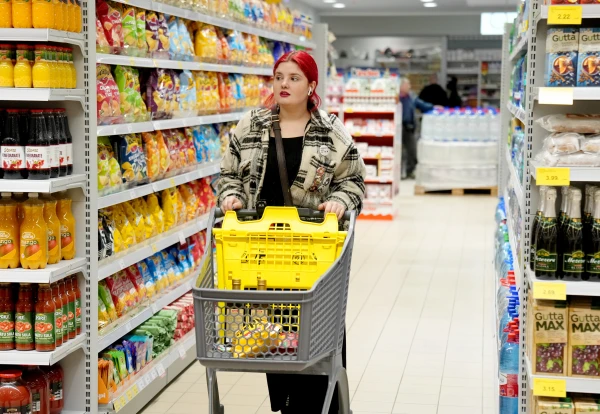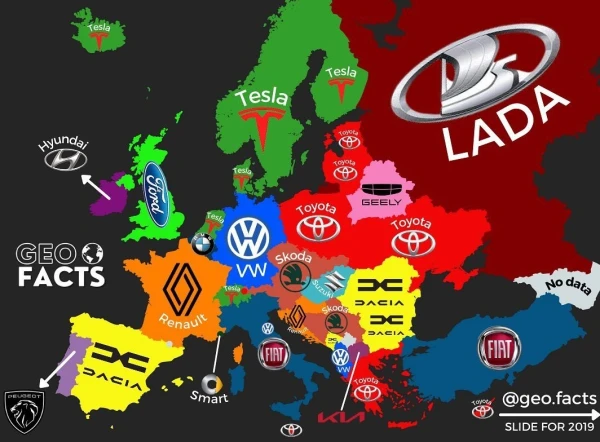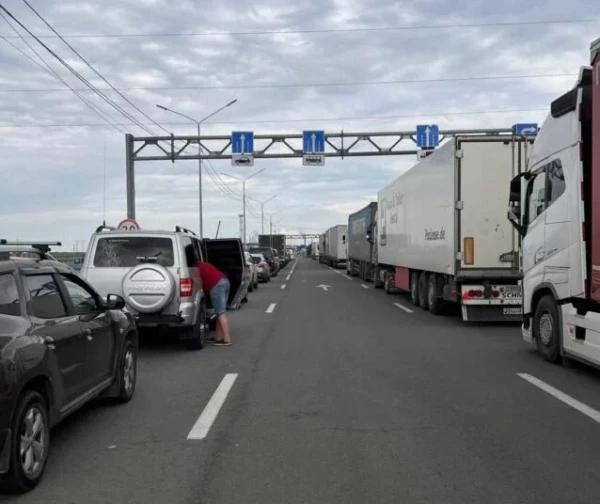
Retail trade in Latvia is waking up – shoppers are stopping to save.
The turnover of retail enterprises in Latvia in August of this year, in comparable prices according to seasonally adjusted data, increased by 4.3% compared to the corresponding period in 2024. Consumption is gradually reviving, and there are grounds to expect stronger retail trade figures in the coming months, some economists note. Others are less optimistic.
Dainis Gashpuitis, economist:
– A small but observable improvement in sentiment over the past few months is reflected in a more active growth of retail trade for the second consecutive month. The long-awaited revival of consumption is gradually consolidating, which will strengthen the overall growth rate. Compared to the beginning of the year, external uncertainty has somewhat decreased, exports are recovering, and the prospects for the European economy have improved. The real estate market and construction are also gaining momentum, which is pulling retail trade along with it. In the second quarter, the labor market also became more active.
Purchasing power continues to strengthen, and the growth of deposits has stabilized in recent months, indicating that households are stopping to accumulate savings and are directing more funds towards consumption.
Real wage growth creates conditions for further increases in consumption. Of course, high inflation remains a serious brake and maintains the desire and necessity to change habits. This is most evident in food trade, where the return to growth will be very gradual.
Oskars Niks Malnieks, economist:
– The August coolness does not seem to have affected retail trade. Although food trade showed promising growth in July, there was a slight decline in August, partially related to new restrictions on alcohol sales. Currently, sales volumes in grocery stores are at about the same level as ten years ago, so it is premature to talk about a recovery in food trade. Part of the reason is the prices of food, which are on average 5% higher than in the European Union and continue to rise significantly faster than in the EU.
Wage growth continues to outpace inflation. Employment has also increased, and the registered unemployment rate has reached its lowest level this millennium, while interest rates on loans are decreasing. If we see a rise in optimism among the average resident of Latvia, even if in small steps, as indicated by the latest September data, there are strong grounds to expect even stronger retail trade figures in the coming months.
Karlis Purgailis, economist:
– In Riga, starting from October 1, the heat energy tariff has increased by almost 12%, reaching 83.01 euros per megawatt-hour (MWh). This cost increase is three times higher than the average increase in consumer prices, which was 4.1% year-on-year in August. The increase in the heat energy tariff will directly affect not only a significant portion of Riga's residents but also businesses that are clients of Rīgas siltums, including both the largest retailers and various service providers. These enterprises will likely have to pass on the increased costs of heat energy to end consumers, which will further negatively impact household spending.
The rise in heating costs exacerbates existing concerns among residents about inflation and the financial situation of households. This is reflected in the data published by the Central Statistical Bureau: although in September, business sentiment improved across all sectors of economic activity, the indicator of economic uncertainty among consumers significantly worsened, falling to -11.2% compared to +5.8% in August.
Higher heating bills will affect domestic demand and may negatively impact retail trade, the hospitality sector, and culture during the winter months, causing a domino effect throughout the economy. Although a relatively high growth in overall retail turnover was recorded in August – 4.3% year-on-year, there is a continuing decline in food trade. Households' difficulties in paying for heating will force residents to cut back on spending on non-food goods, which could lead to a broader economic slowdown.
















Leave a comment